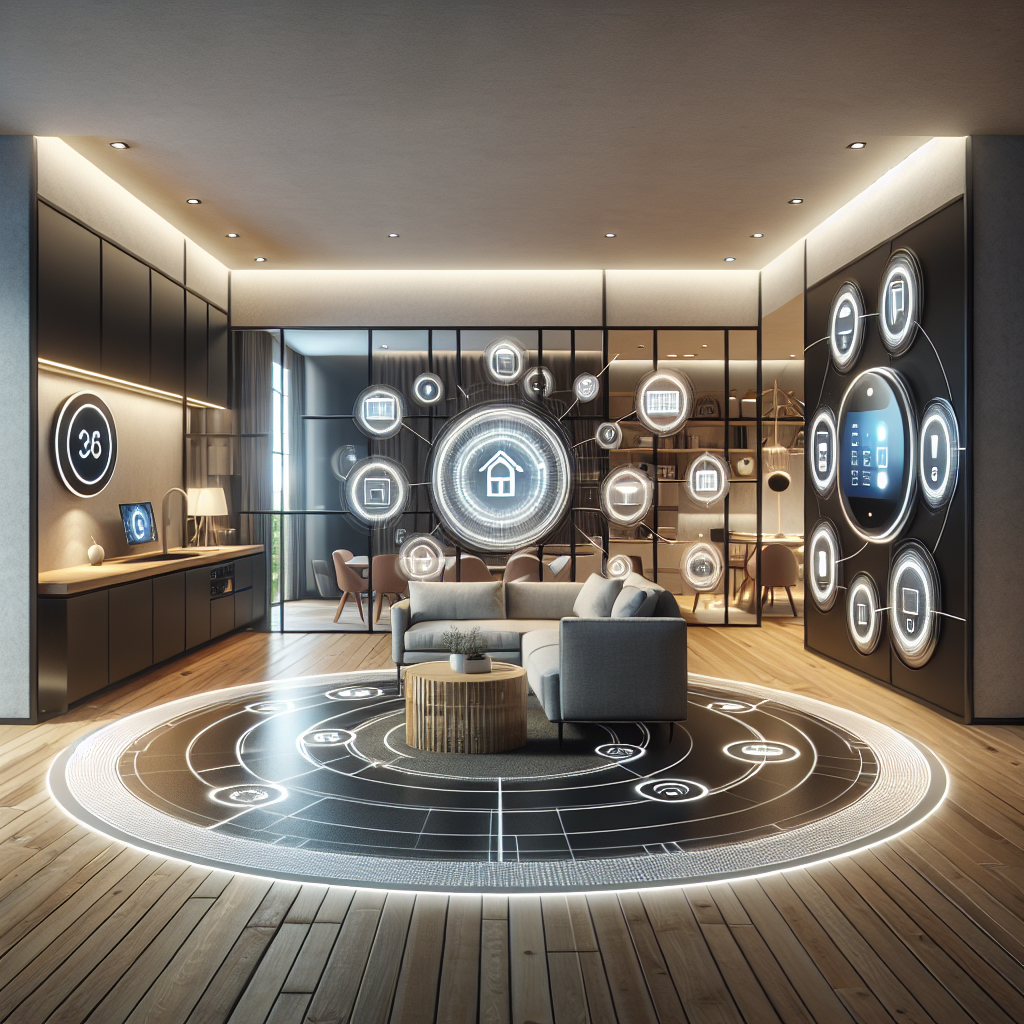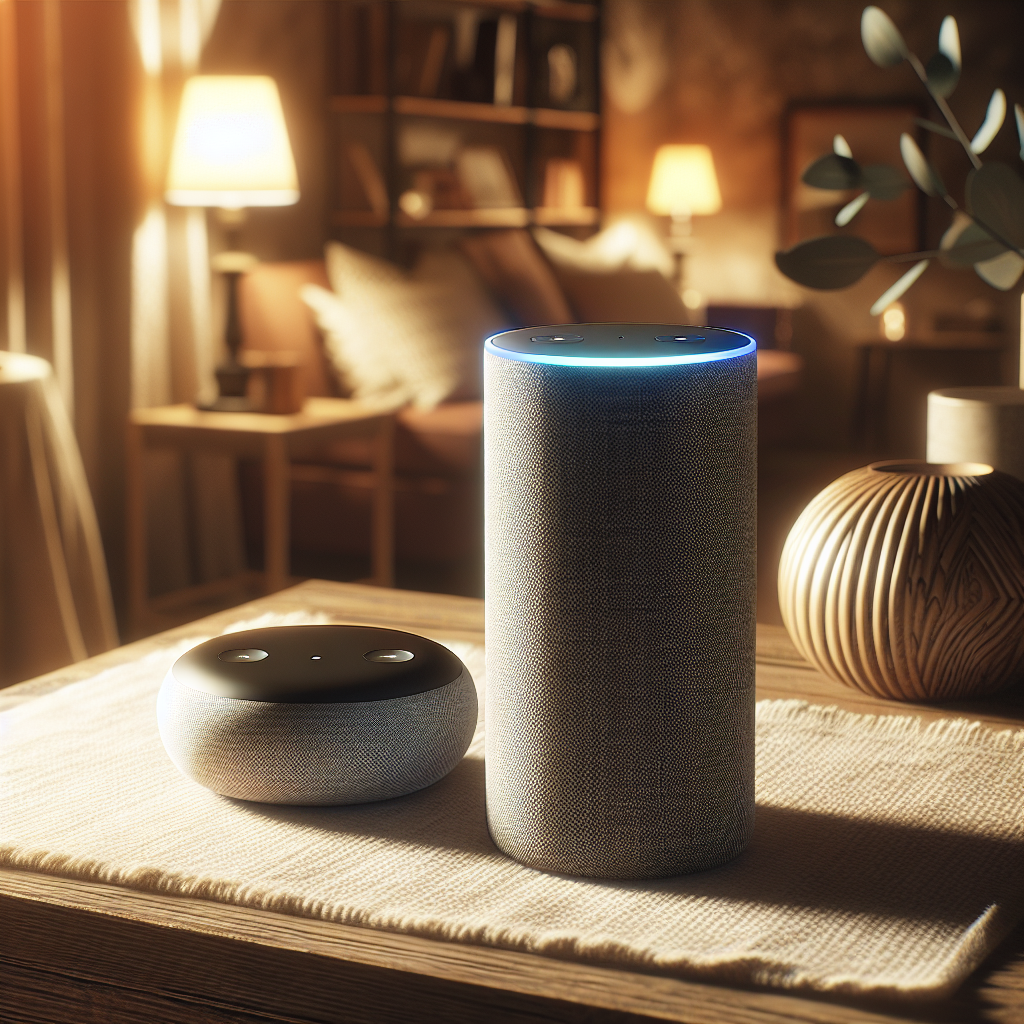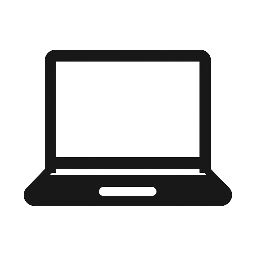In recent years, the concept of a “smart home” has evolved from futuristic novelty to practical reality. What was once limited to sci-fi movies is now increasingly common in households around the world. The transformation has been so significant that it’s fair to say smart home devices are now shaping the way we live—quietly working behind the scenes to improve comfort, security, and efficiency in our everyday routines.
But while there are countless smart gadgets available today, not all of them are genuinely transformative. The ones that truly make a difference are the devices that seamlessly blend into our lives, offering convenience without complication, and solving real-world problems rather than simply showing off technology for its own sake.


A New Level of Everyday Convenience
One of the biggest ways smart home devices impact daily life is by simplifying routine tasks. With voice assistants like Amazon Alexa, Google Assistant, or Apple’s Siri, controlling your home has become as easy as speaking a sentence. Whether it’s turning on the lights, adjusting the thermostat, or asking for the weather before heading out, these devices offer hands-free assistance that saves time and effort.
Beyond basic voice control, the integration of smart home devices across different systems has made home automation even more powerful. Imagine waking up to a home that adjusts itself to your needs: lights that gradually brighten, a thermostat that warms the room to your preferred temperature, and a coffee machine that starts brewing just as your alarm goes off. These aren’t dreams anymore—they’re standard features in smart homes.
Enhancing Home Security and Peace of Mind
Security has always been a top priority for homeowners, and smart technology has brought new levels of control and assurance. Smart locks and video doorbells have become vital tools in modern home security systems. They allow users to monitor their front doors in real time, even from miles away, and to grant or deny access with a simple tap on their smartphone.
The psychological comfort that comes with being able to check on your home from anywhere shouldn’t be underestimated. Whether you’re at work, on vacation, or simply in another room, smart cameras and sensors offer real-time alerts and live footage that put your mind at ease. In emergency situations—like a break-in attempt or unexpected motion around the house—instant notifications can even be life-saving.
Saving Energy, Money, and the Environment
Another key benefit of smart home devices lies in their energy-saving capabilities. Smart thermostats, such as the Google Nest or ecobee, can adapt to your habits and preferences, optimizing heating and cooling to reduce energy use without sacrificing comfort. Over time, these small adjustments can lead to noticeable savings on utility bills.
Lighting, too, plays a role in sustainability. Smart lighting systems not only allow for remote control and scheduling but can also adjust brightness levels and colors to fit the mood or activity. This not only adds ambiance but helps reduce energy waste. When paired with motion sensors or geofencing features, these systems can ensure that lights are only on when needed.
These energy-efficient solutions aren’t just good for your wallet—they’re also better for the planet. By using only what’s necessary and cutting back on waste, smart homes contribute to a more sustainable lifestyle.
Cleaning and Maintenance on Autopilot
Smart home devices have also begun to take over the more mundane tasks of home maintenance. Robotic vacuum cleaners and mops are perhaps the best-known examples. Today’s models use intelligent mapping, obstacle avoidance, and app-based controls to clean floors more thoroughly and efficiently than ever.
There are also smart leak detectors that can alert homeowners to potential water damage before it becomes a costly disaster. These sensors, typically installed under sinks, near water heaters, or in basements, monitor for leaks, temperature changes, and humidity levels. In some cases, they can even shut off the water supply automatically to prevent further damage.
Such systems offer a kind of “set it and forget it” reliability that reduces the burden of household chores and provides protection against expensive mishaps.
Personal Wellness and Comfort
Smart home devices don’t just stop at practical functionality—they also support health and wellness. Smart air purifiers, sleep trackers, and adjustable beds contribute to better rest and indoor air quality. In fact, smart sleep systems can monitor your breathing and movement during the night and adjust mattress temperature or suggest ways to improve your sleep hygiene.
In the kitchen, smart appliances have changed the way we cook and eat. From smart ovens that recognize recipes and set the correct temperature, to refrigerators that alert you when you’re running low on groceries, these devices are all about making life easier and healthier.
For families with kids or elderly members, smart devices can also add an element of care. For example, motion sensors can detect unusual activity (or lack thereof), and voice assistants can provide reminders for medication, hydration, or appointments.
A Future-Ready, Connected Lifestyle
One of the most compelling reasons people invest in smart home technology is the promise of future-readiness. As more devices become connected and interoperable, the potential for home automation expands. Cloud connectivity, 5G technology, and artificial intelligence are making smart homes more intuitive and personalized than ever.
Even better, smart home technology is becoming increasingly user-friendly. You no longer need to be a tech expert to set up and control these systems. With plug-and-play devices, simple mobile apps, and better integration across platforms, creating a connected home is now within reach for almost anyone.
The shift toward smart living is not just about gadgetry—it’s about building homes that are responsive, adaptive, and attuned to the needs of the people living in them.
Final Thoughts
Smart home devices have moved well beyond gimmicks and luxury status. They now offer real, tangible benefits in everyday life—enhancing comfort, increasing security, conserving energy, and simplifying daily routines. The best smart devices are those that integrate seamlessly into our lives, quietly making things easier, safer, and more efficient.
As we look ahead, smart homes will only grow smarter. Whether you’re just starting out with a voice assistant or already running a fully automated home, embracing this technology today sets the stage for a more connected, intelligent, and convenient tomorrow.


Leave a Reply